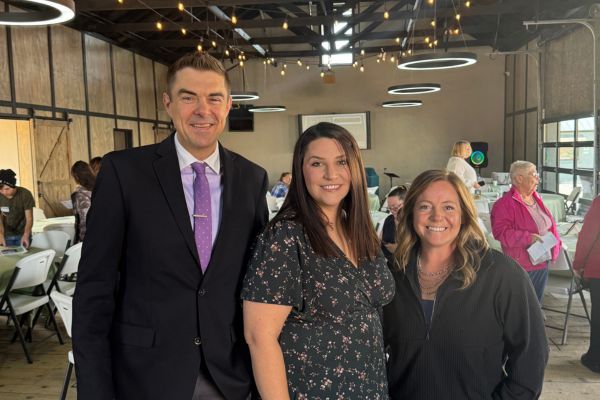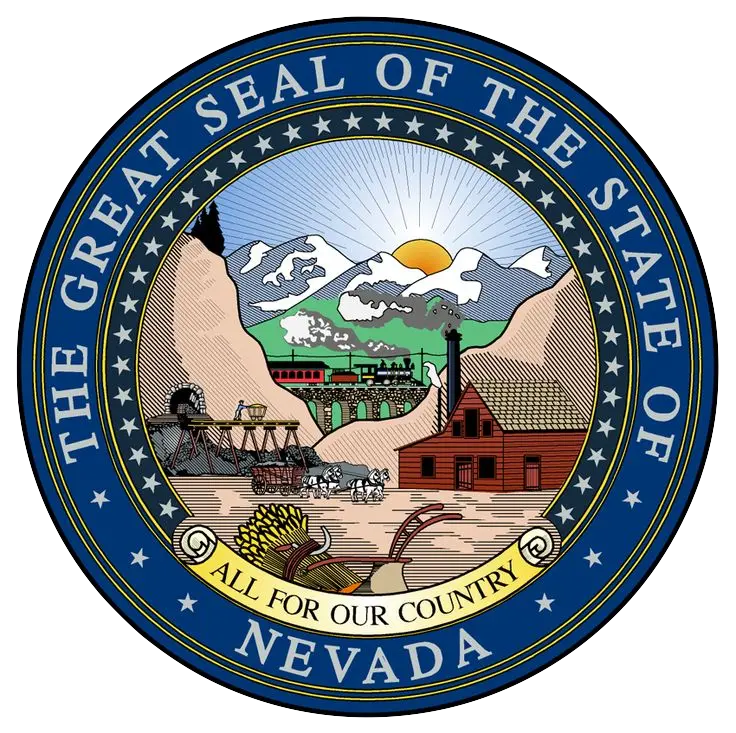How does the CDC define obesity or being overweight?
When energy (called calories) going in is greater than the amount of energy going out, our bodies start to store that energy in the form of fat. Too much fat and our bodies are at risk of being overweight or obese. Human bodies store even more fat when not getting enough physical activity if our bodies are not experiencing a healthy eating pattern, and if we’re not getting enough sleep or there are high amounts of stress.
Obesity means there is a body mass index (BMI) of 30 or higher. BMI is calculated using your height, weight, age and sex. Calculate your BMI here.
Those who obese or overweight are more likely to suffer or to experience:
- Heart disease and stroke
- High blood pressure
- Diabetes
- Some cancers
- Gallbladder disease and gallstones
- Osteoarthritis
- Gout
- Breathing problems, such as sleep apnea (when a person stops breathing for short episodes during sleep) and asthma
Someone who is 40% overweight is twice as likely to die prematurely as is an average-weight person. If you are obese, dropping only 10% of your weight can lower your risk of developing heart disease.
One way to control and improve your health is to manage your eating habits and calorie intake. Learn more about healthy eating at choosemyplate.gov. If you need additional help to eat healthier, Nevada Health Link’s qualified health plans cover Nutritionists.
If you currently don’t have health insurance, it’s time to get it. Certain qualifying life events (QLE) may make you eligible for a special enrollment period. QLE’s are life-changing events such as job loss, income change, marriage/divorce and birth/adoption of a child to name a few. Nevada Health Link can connect contact a certified broker or navigator to see if you qualify for special enrollment.
Email us at customerserviceNVHL@exchange.nv.gov for any additional questions you may have about Nevada health insurance plans and to see if you’re eligible for a special enrollment period.







